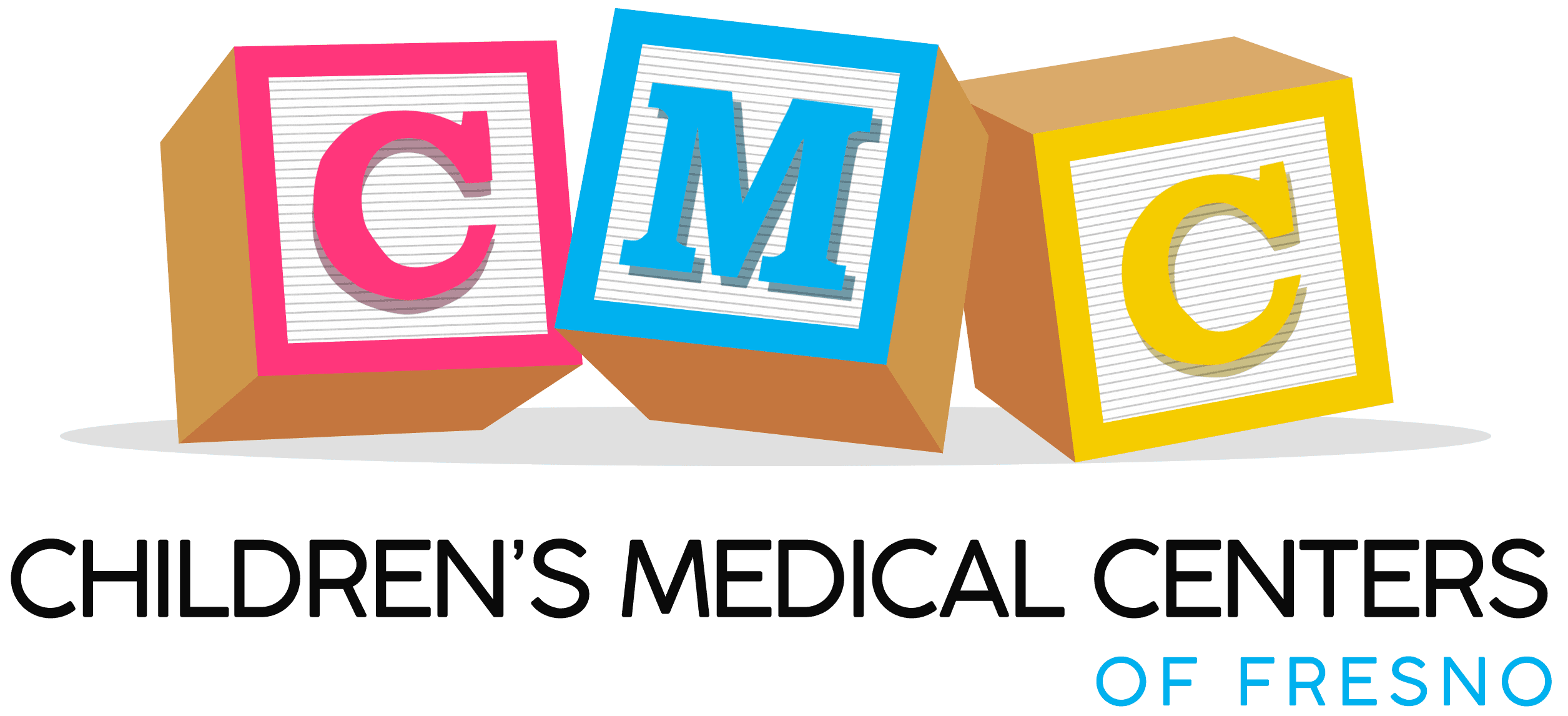Is your little one complaining about a tummy ache again? Does it sound like something you’ve experienced before or is it a pain that just won’t quit? While stomach pain in kids is common, anything out of the ordinary, like a sharp pain that comes and goes, warrants concern. But deciphering whether it’s a passing discomfort or a sign of something more serious can be challenging. In this blog, we’ll unravel the mysteries of childhood abdominal pain together. By the end, you’ll know when to seek medical attention and when a simple remedy might suffice.
Why is Your Child Experiencing Abdominal Pain?
Certain foods or dietary habits may lead to stomach pain in kids. Consuming spicy foods, large meals, or foods high in fat can trigger digestive issues and abdominal pain. Additionally, food intolerances or allergies, such as lactose intolerance or gluten sensitivity, may cause discomfort after eating specific foods.
Viral or bacterial infections affecting the gastrointestinal tract can cause abdominal pain in children. Common culprits include gastroenteritis (stomach flu), food poisoning, or appendicitis. These infections often present with additional symptoms such as diarrhea, vomiting, or fever.
Difficulty passing stool can lead to abdominal discomfort in children. When feces become firm and dry, it may lead to pain and cramps in the belly area. Factors contributing to constipation include inadequate fiber intake, insufficient fluid consumption, or withholding stool due to fear or discomfort.
Read More: Understanding Toddler Constipation: Causes and Symptoms
Excess gas in the digestive tract or indigestion can cause abdominal pain in children. This discomfort might occur when they eat foods that produce gas, eat too fast, or swallow air while eating or drinking. Improper digestion of certain foods can also lead to bloating and discomfort.
Physical activities or sports-related injuries can cause muscle strain or trauma to the abdominal area, resulting in pain. Children engaged in vigorous activities or contact sports may experience abdominal discomfort due to muscle overuse or injury.
Emotional factors such as stress, anxiety, and psychological distress can manifest physically and cause abdominal pain in children. Stressful events at home, school-related pressures, or emotional conflicts may contribute to gastrointestinal symptoms. This condition is often referred to as “functional abdominal pain” and may require psychological support alongside medical management.
-
Urinary Tract Infections (UTIs)
Infections affecting the urinary tract, such as bladder or kidney infections, can cause abdominal pain in children. UTIs may present symptoms such as frequent urination, pain or burning during urination, and abdominal discomfort. Identifying and treating the issue is crucial to avoid further problems quickly.
-
Gastroesophageal Reflux Disease (GERD)
GERD happens when stomach acid moves into the esophagus, leading to irritation and discomfort. In children, GERD may lead to abdominal pain, heartburn, regurgitation, or difficulty swallowing. Healthcare providers may recommend dietary modifications, lifestyle changes, and medications to manage GERD symptoms.
-
Inflammatory Bowel Disease (IBD)
IBD encompasses conditions such as Crohn’s disease and ulcerative colitis, which cause inflammation in the gastrointestinal tract. Children with IBD may experience chronic abdominal pain, diarrhea, bloody stools, fatigue, and weight loss. Early diagnosis and treatments are crucial to managing IBD and preventing complications.
How Do You Recognize Serious Signs of Child Abdominal Pain?
Recognizing severe signs of your child’s stomach pain is essential for prompt intervention and appropriate medical care. Here’s a breakdown of symptoms to watch out for:
1. Persistent Vomiting
Stomach pain and vomiting in kids without relief could signal a more significant issue. Pay attention to the frequency and volume of vomit.
2. High Fever
A fever above 100.4°F (38°C) in infants and young children warrants attention. Monitor the fever closely and note any accompanying symptoms.
3. Intensifying Abdominal Pain
While occasional stomach discomfort is common, persistent or worsening abdominal pain should raise concern. Note if your child experiences a sharp stomach pain that comes and goes.
4. Unexplained Weight Loss
If your child drops pounds unexpectedly, their stomach pain might be linked to an underlying health problem.
5. Blood in Stool or Urine
Any presence of blood in your child’s stool or urine requires immediate medical attention. It could indicate internal bleeding or a urinary tract problem.
Read More: What Does the Color of My Newborn’s Stool Mean?
6. Lethargy or Weakness
Noticeable fatigue, weakness, or reluctance to engage in usual activities could indicate an underlying health issue.
7. Difficulty Breathing
If your child experiences difficulty breathing along with abdominal pain, it could suggest a severe condition that requires urgent medical attention.
8. Changes in Urination
Pay attention to changes in your child’s urinary habits, such as frequency, urgency, or pain during urination.
9. Severe Diarrhea
Persistent, watery diarrhea accompanied by abdominal pain and dehydration warrants medical evaluation.
10. Abdominal Distension
Swelling or bloating of the abdomen, especially sudden and severe, could indicate a serious problem like intestinal obstruction.
11. Altered Mental Status
Confusion, irritability, or changes in consciousness, along with stomach pain, could signal a severe underlying issue.
Recognizing these signs early on can help you act swiftly to seek medical attention and ensure your child’s well-being. Trust your instincts and consult a pediatrician if you have concerns about your child’s symptoms.
When to Seek Medical Attention

The expertise and support of Children’s Medical Centers of Fresno greatly help you if you ever need medical attention for your child’s abdominal pain. With a team of experienced pediatric specialists and state-of-the-art facilities, we are well-equipped to diagnose and treat various conditions affecting children.
At Children’s Medical Centers of Fresno, we understand the urgency of addressing your child’s abdominal pain. Our pediatric specialists undergo training to identify and treat a wide range of conditions contributing to abdominal discomfort in children. From thorough evaluations to advanced diagnostic procedures, we provide comprehensive care tailored to your child’s needs. If you notice alarming symptoms or your intuition tells you something isn’t right, don’t hesitate to contact our pediatricians. Prompt action can make all the difference in ensuring your child receives the necessary treatment.
Treatment Options for Serious Conditions

In some cases, your child may require medication to alleviate symptoms or treat underlying causes of pediatric stomach pain. Your doctor may prescribe pain relievers, antibiotics for infections, or medications to manage conditions like acid reflux or inflammatory bowel disease.
Certain severe conditions, such as appendicitis or intestinal obstruction, may necessitate surgical intervention. Surgery aims to correct anatomical abnormalities or remove diseased tissue to alleviate abdominal pain and prevent complications.
Depending on the specific diagnosis, your child’s pediatrician may recommend interventions such as dietary modifications, physical therapy, or lifestyle changes. We tailor these interventions to address the root cause of abdominal pain and promote healing and recovery.
Preventing Future Episodes
While you can’t always prevent abdominal pain in children, there are steps you can take to minimize the risk of future episodes. These include:
- Promoting a healthy diet
- Teaching proper hygiene practices
- Managing stress
- Regularly consulting with your pediatrician
Manage Your Child’s Abdominal Pain with Confidence!
In the journey of parenting, navigating your child’s health challenges can be daunting, especially when it comes to deciphering symptoms of abdominal pain. However, armed with the insights and expert guidance, you can approach your child’s abdominal pain with clarity and confidence.
Unlock a healthier future for your child by scheduling a pediatric consultation today at (559) 455-1500 or by clicking the “Book an Appointment” button. Regarding “pediatricians in Fresno, CA,” look no further than Children’s Medical Centers of Fresno. We prioritize your child’s well-being with convenient after-hour appointments from 5 PM–9 PM, Monday to Friday, and Saturdays from 9 AM–3 PM. Our expert team provides comprehensive care tailored to your child’s needs, in-person or via telehealth.





